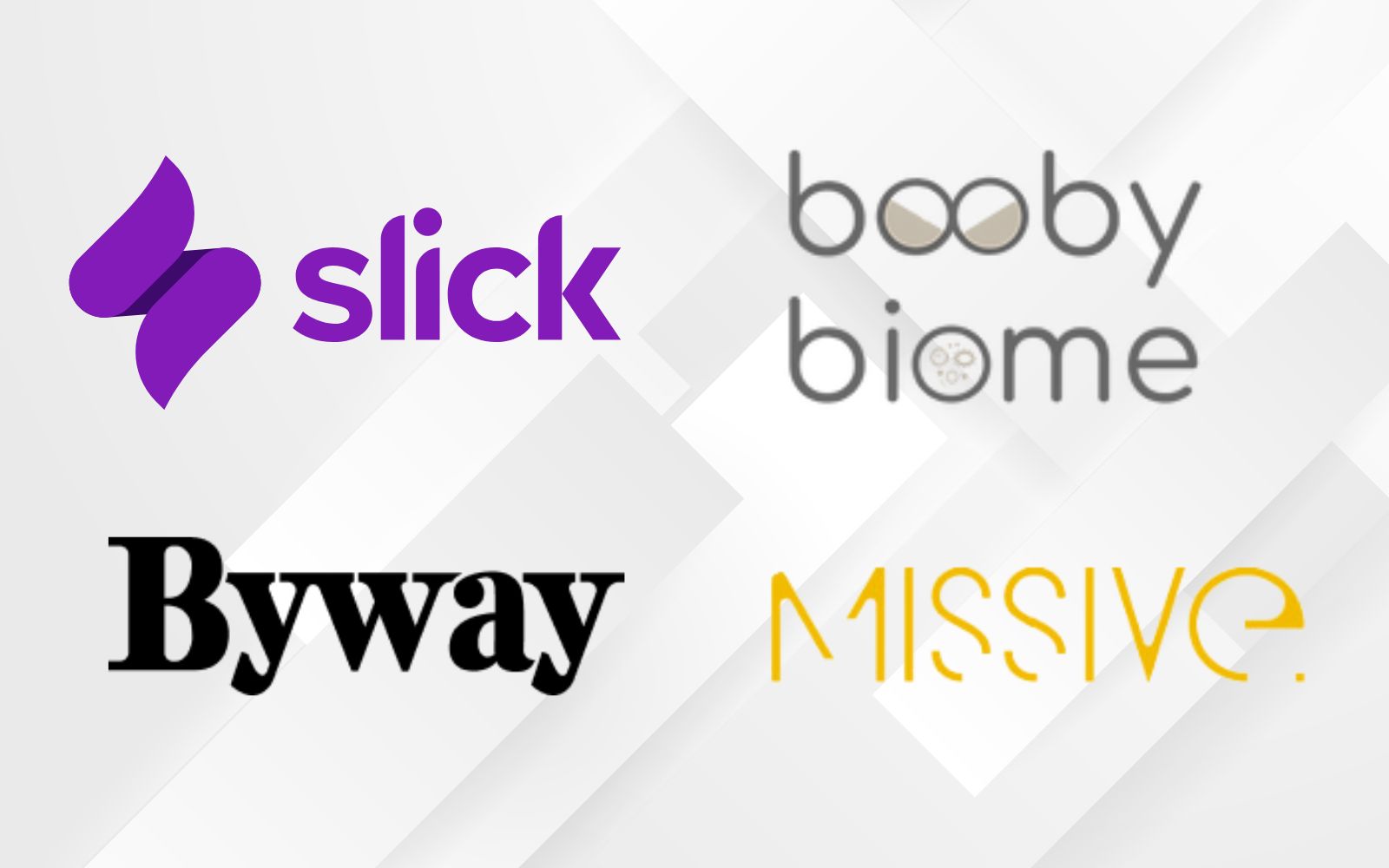Financial Dates Checklist for 2022

Sometimes, running a business feels like you’re in a never ending cycle of deadlines and dates to cross out from your checklist. But, you can stay smart by staying ahead. Having these payments on your radar and ticking them off on time (or early!) will keep your financial accounts in a good way and ensure you’re complying with legal requirements while keeping your mind at peace. Running a startup or SME is enough plate-spinning as it is, you don’t want to add urgent deadlines to the to-do list at the very last minute. You also don’t want to be caught out and incur hefty fines, so follow our checklist to find exactly what financial dates startups and SMEs need to be aware of for 2022.
31st March 2022
From March, restrictions on winding-up petitions will end. Since June of last year, the Corporate Insolvency and Governance Act 2020 has been protecting companies suffering financially due to the pandemic from creditor action and potential insolvency. This restriction is soon to be lifted, as the UK returns to normal trading conditions.
1st April 2022
National Minimum Wage is to rise in April, adding 82p to hourly pay.
Here are the new hourly rates, as of 1st April 2022 to add to your checklist:
- National Minimum Wage for people aged under 18 – from £4.62 to £4.81
- National Minimum Wage for people aged 18-20 – from £6.56 to £6.83
- National Minimum Wage for people aged 21-22 – from £8.36 to £9.18
- National Living Wage for people aged 23+ – from £8.91 to £9.50
- Apprenticeship Wage – from £4.30 to £4.81
6th April 2022
National Insurance Contributions (NICs) are to go up by 1.25 percentage points. The additional contributions are to help pay for health and social care, as part of the Government’s new Health and Social Care Levy. The increase will affect employers, employees, and sole traders, and is absolutely something that you need to consider in the near future.
The increase of NICs apply to:
- Class 1: Paid by employees
- Class 4: Paid by sole traders
- Secondary Class 1, 1A and 1B: Paid by employers
For employers, it’s important to remember that national insurance tax only applies to employees who are earning above the Secondary Threshold.
From April 2023, the increase will be a separate Health and Social Care tax. National Insurance Contributions will return to 2021/22 rates and the levy will be classed as a separate tax.
Find out more about how the NICs hike will affect your small business and how you can prepare.
6th April 2022
Like the increase in NICs, the UK income tax rates on dividends will increase by 1.25%. This will just be for one year – from April 2022 to April 2023. Be cautious that if you’re earning from dividends, you’re saving a bit extra to pay your tax bill. Be prepared and avoid getting caught out by an unexpected payment.
3rd June 2022
It’s everyone’s favourite in this checklist… we have an extra bank holiday!
In honour of the Queen’s Platinum Jubilee, we get a bank holiday in June. The second May bank holiday (it was Monday 31st May last year) has been moved to Thursday 2nd June and the extra bank holiday is Friday 3rd June, making it a four-day long celebration.
As this is a one-off for 2022, it’s subjective as to whether employees are automatically entitled to take it as paid leave. If your employee’s contract states they get ‘all bank and public holidays’ as paid leave, then they’re automatically entitled to the extra bank holiday. But if the contract is more specific and states that employees can take ‘eight bank and public holidays’ as paid leave, then they aren’t automatically entitled to the bank holiday. If this is the case, you can still grant your employees to take this day as paid leave.
6th July 2022
Many workplaces have employee benefits such as a company car, childcare vouchers, or an interest-free loan. If your employees get these kinds of benefits, you’ll need to fill out HMRC P11D forms and send them off by 6th July.
6th July 2022
As an employer, you must ensure that you tell HMRC about a grant of an Enterprise Management Incentives (EMI) share option by 6th July 2022. An EMI scheme is a tax advantaged share scheme that can be granted to employees at independent companies with assets of £30 million or less. Failure to let HMRC know about this scheme will incur penalty fines.
19th or 22nd of every month
If you’re an employer, you’re responsible for passing on income tax and NICs from your employees’ payslips to HMRC. So, there are some important PAYE deadlines to be aware of. Income tax and NICs are paid online monthly on the 22nd of every month. If you’re sending this out by post, it needs to go out on the 19th of every month.
Add these dates to your ckecklist and get ahead of your financial planning for the year. With a bit of planning, you can avoid the stress that typically comes with deadlines and due payments. When it comes to keeping your finances in order, working with a Chartered Accountant with expert knowledge certainly takes the pressure off. If you’re interested in having a conversation about your business’ accountancy needs, reach out for a confidential chat – we’d love to hear from you!
The information available on this page is of a general nature and is not intended to provide specific advice to any individuals or entities. We work hard to ensure this information is accurate at the time of publishing, although there is no guarantee that such information is accurate at the time you read this. We recommend individuals and companies seek professional advice on their circumstances and matters.




